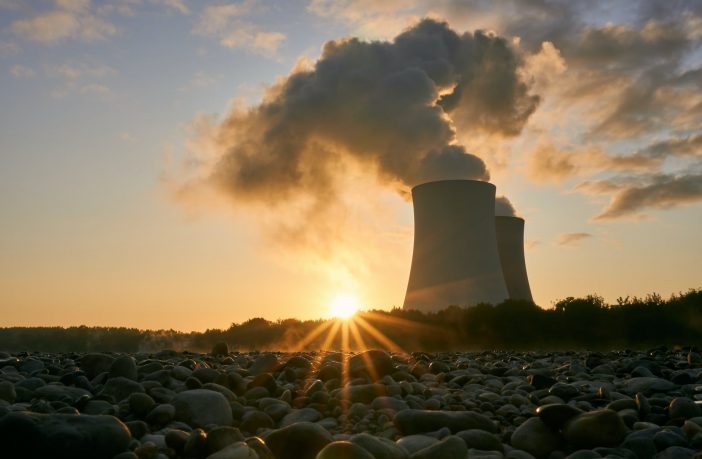- The Minister of Forestry, Fisheries and the Environment, Ms Barbara Creecy has officially launched South Africa’s updated draft Nationally Determined Contribution (NDC) for public consultation during a virtual stakeholder session.
- The updated draft NDC, the cornerstone of South Africa’s climate change response, was approved by Cabinet on 24 March 2021 to be released for public comment.
- The new NDC specifies that those who are currently dependent on the coal value chain do not carry the transition burden – there must be a just transition.
- It is South Africa’s commitment in terms of United Nations Framework Convention on Climate Change (UNFCCC) and its Paris Agreement (PA) to contribute to the global climate change effort.
- All parties to the UNFCCC are updating their NDC’s in the run-up to the 26thinternational climate change conference to be held in Glasgow, Scotland, in November 2021.
South Africa, who has the highest CO2 emissions count in Sub-Saharan Africa (8.5 metric tonnes per capita) remains committed to addressing climate change based on science, equity and sustainable development according to the country’s Minister of Forestry, Fisheries and the Environment, Ms Barbara Creecy.
Creecy points out that the latest science from the Intergovernmental Panel on Climate Change indicates that more urgent and rapid reductions in emissions are required by all countries. “The UNFCCC has found that the current global effort is not sufficient to avoid dangerous climate change, and all countries are in agreement that more needs to be done, faster.”
“The updated mitigation NDC proposes a significant reduction in greenhouse gas emissions (GHG) emissions target ranges up to 2030, with the 2025 target range allowing time to fully implement the national mitigation system, including those elements contained in the Climate Change Bill. It will also allow space for the implementation of IRP 2019 and other key policies and measures, as well as the national recovery from COVID 19,” the minister added.
The 2030 target range (398 – 440 Mt CO2 e q) is consistent with South Africa’s fair share, and also an ambitious improvement on our current NDC target. The upper range of the proposed 2030 target range represents a 28% reduction in GHG emissions from the 2015 NDC targets.
South Africa is heavily reliance on coal power generation
Eskom recently released a call for proposals to repurpose Komati Power Station in Mpumalanga with photovoltaic panels and battery storage. Currently the utility is conducting feasibility studies on repurposing other power stations scheduled for decommissioning including Hendrina, Grootvlei and Camden Coal Power Stations.
Related news: The case of turning South Africa’s coal fields into a renewable energy hub
Creecy highlights that in February this year the Presidential Climate Change Commission representing government, business, civil society and organised labour met for the first time to discuss how the country develops a just transition from our current high emission economy to a low carbon climate resilient economy and society. “To do this we must ensure those who are currently dependent on the coal value chain do not carry the transition burden.”
The updated draft NDC also contains a section on South Africa’s support requirements as a developing country. This includes the costs of both mitigation and adaptation measures and defining the country’s goal for accessing international support. As such ,the NDC targets accessing large-scale international climate finance to fund low carbon infrastructure, and also to fund the just transition.
The launch of the updated NDC is the start of a consultation process that will consist of a number of virtual consultations until the end of May 2021 with other government departments through the inter-governmental committee on climate change (IGCCC), broader stakeholders through the National Committee on Climate Change (NCCC) and a number of targeted virtual consultations with interest groups and representative formations including business, labor, civil society, the agricultural and energy sectors.
Direct consultation will be held with the provinces, while written inputs can be submitted to the department by 30 April 2021.
Following integration of inputs from stakeholders, the updated NDC will be tabled with Cabinet for approval before being deposited with the UNFCCC ahead of COP26.
Author: Bryan Groenendaal
Source: South African Ministry of Environment, Forestry and Fisheries











